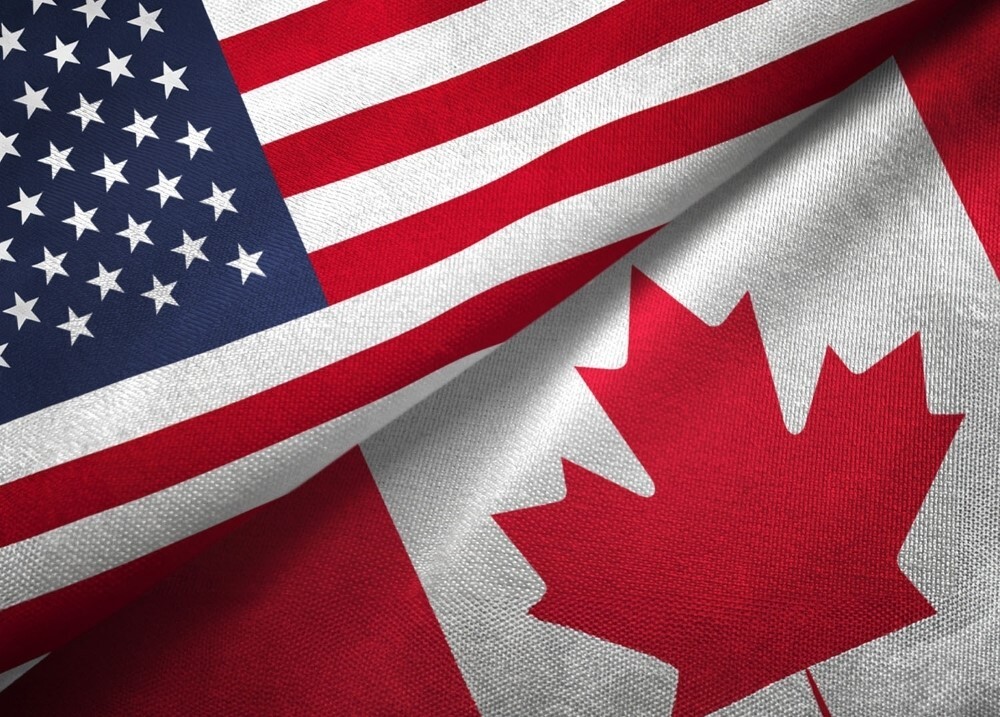

In a series of recent events, Steel Town Summit, a Canadian summit taking place in Hamilton, is urging the transportation industry to make use of domestically produced aluminium and steel in its upcoming projects, amidst the rising US tariffs rolled out by the Trump administration.

During the challenging times for the industry, Canada's "steel town" is holding a summit which brings together transportation companies, government officials, and union representatives to promote the use of Canadian steel and aluminium in future projects.
About the summit
According to the statement issued by Transport Canada, the "Made in Canada: Ferries and Rail Summit", organised by Transport Minister Chrystia Freeland in Hamilton, Ontario, was designed to support the Canadian transportation infrastructure by providing opportunities to utilise bulk steel and aluminium produced in Canada.
Seven Canadian railway and ferry sector leaders, along with federal, provincial and territorial officials, were convened at the summit to discuss how domestic steel and aluminium might be utilised in future projects.
This initiative is relevant to all industries because the Canadian aluminium industry is under pressure from rising US tariffs that have made it less competitive. The summit aims to enhance the resilience of Canadian supply chains by prioritising domestic sourcing to strengthen local manufacturing with the prospect of jobs in the future, while reducing the impact of international trade barriers.
Shipbuilding companies take
BC Ferries, which has recently faced criticism for awarding new ship construction to China, highlights that domestic shipbuilding costs and the broader industry strategy remain uncompetitive. According to the CEO, Nicolas Jimenez of BC Ferries, the Canadian industry requires backing and investment from multiple levels of government.
He further states that the initiative taken is not just about subsidising the shipbuilding industry. The sector also needs naval architects, engineers, and skilled tradespeople with a coherent strategy to build an industry that can compete internationally.
Rail services take
In the case of Thomas Bevan, the Executive Director of the Island Corridor Foundation, which is working to relaunch rail services on Vancouver Island, he found great value from the summit's industry insights and motivation. He highlighted the necessity to stay forward-thinking, support Canadiana projects, be collaborative across the sector and utilise Canadians' collective experience to pull off projects successfully.
Uncertainty remains over whether this push can translate into tangible results, as Canada's struggling steel and aluminium industry faces significant challenges.
Also read: US aluminium faces shutdowns and tariff pressures as Canada expands exports
Responses








